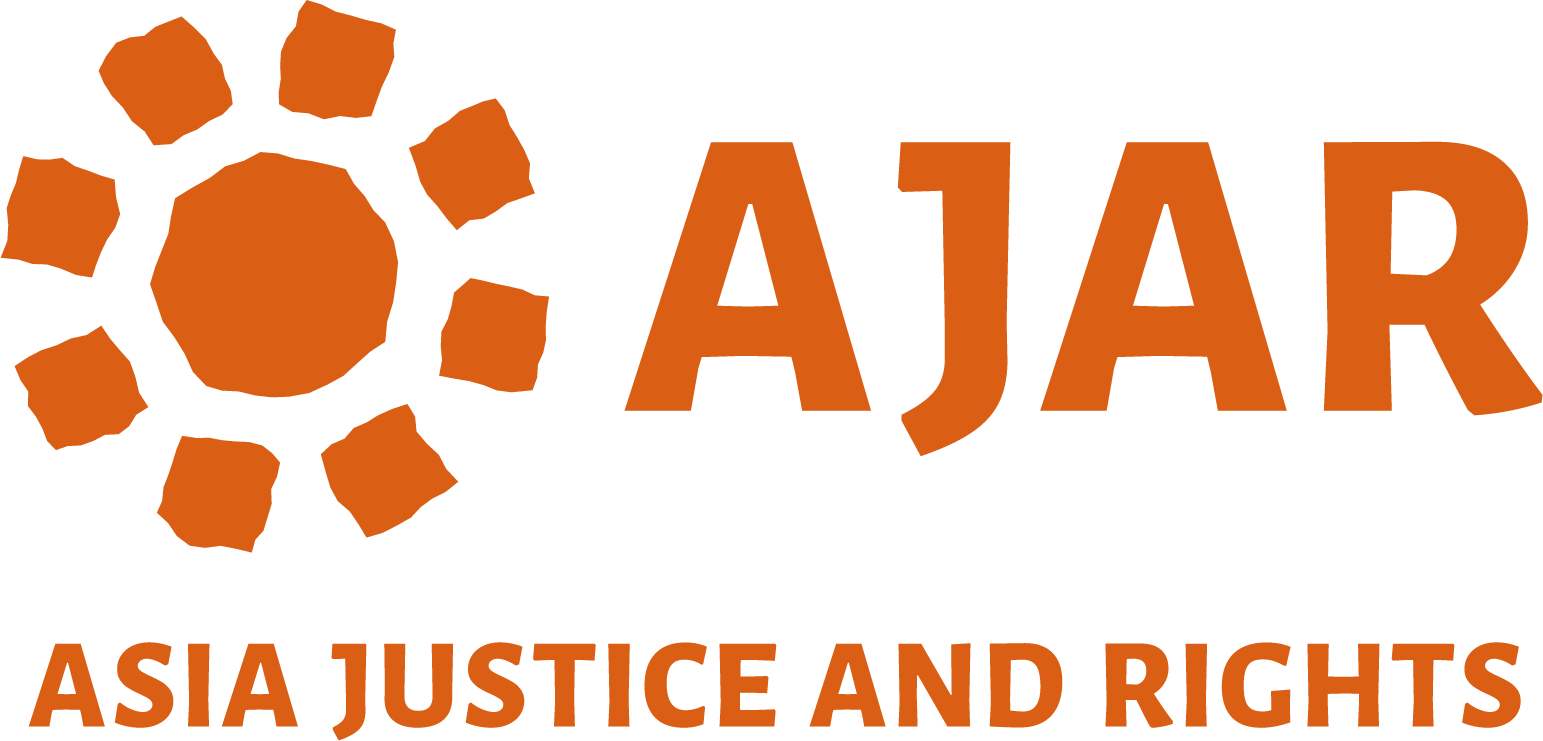Principle 37: Disbandment of Parastatal Armed Forces/ Demobilisation and Social Reintegration of Children
- Parastatal or unofficial armed groups must be demobilised and disbanded. Their position in or links with state institutions, including in particular the army, police, intelligence and security forces, should be thoroughly investigated and the information thus acquired made public. States should draw up a reconversion plan to ensure the social reintegration of the members of such groups.
- Measures should be taken to secure the cooperation of third countries that might have contributed to the creation and development of such groups, particularly through financial or logistical support.
- Children who have been recruited or used in hostilities shall be demobilised or otherwise released from service. States shall, when necessary, accord these children all appropriate assistance for their physical and psychological recovery and their social integration.
Disarmament, Demobilisation and Reintegration (DDR) programmes are an essential part of many post-conflict peacebuilding strategies, and transitional justice institutions, particularly courts and vetting schemes, will significantly impact most DDR programmes.
If a court with jurisdiction over persons responsible for human rights abuse signals that it intends to prosecute vigorously all perpetrators, including participants in DDR programmes, then it could serve as a significant disincentive for persons contemplating laying down their arms. Conversely, if all participants in DDR programmes are offered full legal immunity then the chances of them participating (all things being equal) will increase. Both of these scenarios are undesirable for different reasons. No court will ever be able to prosecute all persons responsible for widespread human rights abuse and it is therefore unwise to dissuade people from demobilising based on a threat of prosecution that cannot realistically be fulfilled. On the other hand granting blanket amnesty for gross violations of human rights in order to encourage demobilisation is contrary to international law and will generate substantial resentment in victim communities. It will also instil a sense impunity, which may contribute to a resumption of hostilities. There are of course many more subtle ways to structure the relationship between DDR programmes and courts.
For example, the Commission for Reception, Truth and Reconciliation (CRTR) in East Timor utilised a particularly innovative approach to promoting the reintegration of low-level perpetrators by allowing them to come forward, disclose their crimes and agree to undertake an act of reconciliation (which often includes community service) as a precondition to escaping liability for their crimes.
By promoting reintegration, the CRTR is not only reducing the likelihood of conflict, it is also saving the new Timorese state the expense and effort of having to prosecute and imprison thousands of low-level offenders. Instead, these individuals are able to remain in their communities and continue to be economically active, and in some cases, are able to help to repair the damage they were responsible for. This DDR programme is explicitly limited to low-level perpetrators—persons responsible for serious crimes such as murder or rape are still liable for prosecution. In this way a balance is struck between encouraging the reintegration of individuals responsible for certain offences and achieving accountability for those bearing the greatest responsibility.
The relationship between the resources provided to demobilising combatants and reparations provided to victims of human rights abuse requires careful consideration. In many instances, former combatants (a percentage of whom may be responsible for human rights abuse) are offered substantially more generous demobilisation packages than victims of human rights abuse are awarded in the form of reparations. This not only produces a morally asymmetrical result but will almost certainly generate a great sense of injustice amongst victims and cause them to be less receptive to the reintegration of former combatants.
Vetting programmes can also intersect with DDR programmes and may produce unintended and counter-productive results. For example, certain DDR programmes offer skills training programmes designed to facilitate the entry into certain kinds of government employment. Vetting programmes may subject these individuals to screening for involvement in abuses and if they are found to be responsible they could be precluded from obtaining a government job. This raises the prospect of one programme investing scarce resources into the training of an individual for a form of employment that another programme prevents them from accepting.
